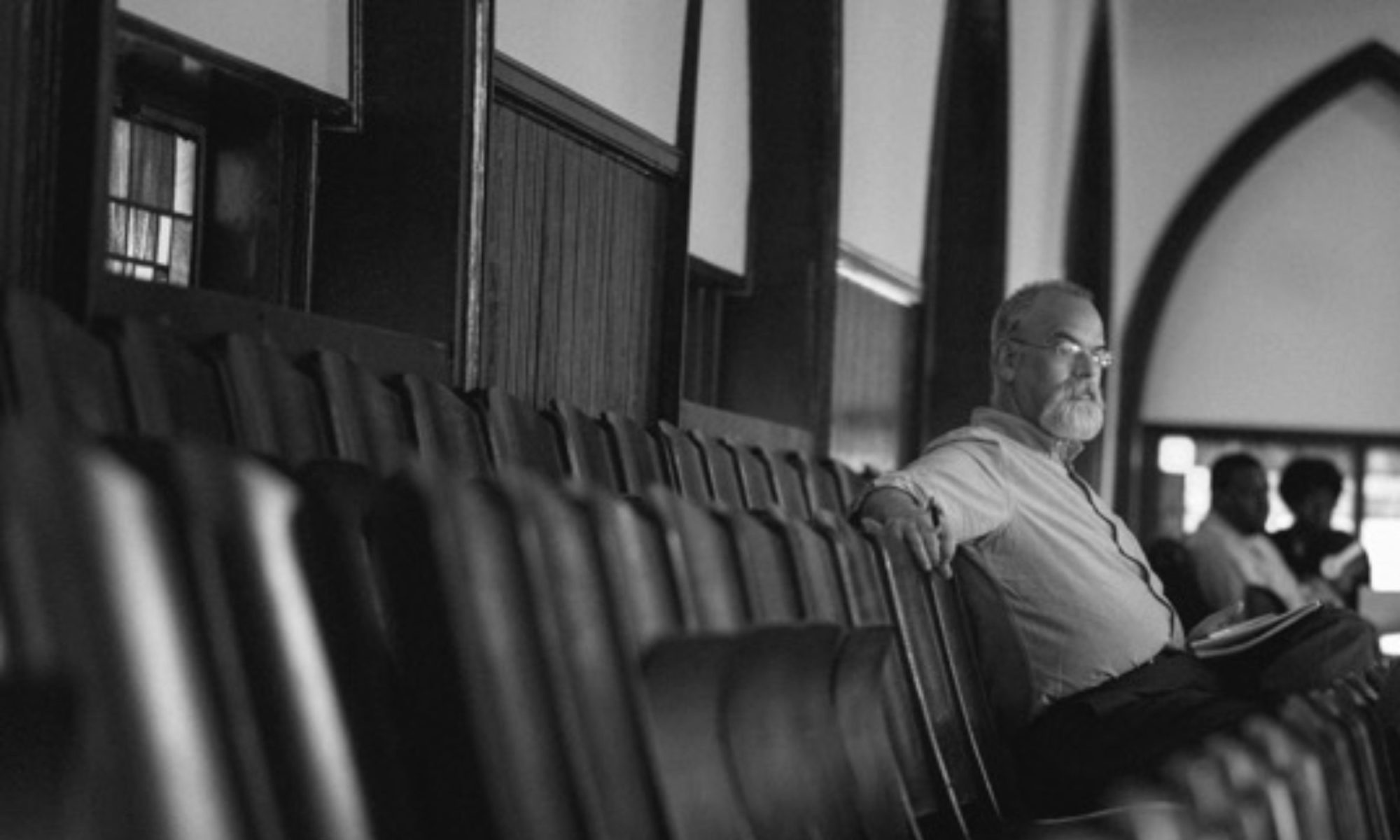
My favorite character on television these days is Chrisjen Avasarala—the sharp-tongued, brilliant and manipulative UN staffer on The Expanse, a SyFy channel original series now streaming on Amazon Prime.
Avasarala smiles in the public eye–always putting her best face forward. But she’s at her best working in the shadows, trying the save the world from machinations of interstellar politics.
She’s always excavating what’s going on below the surface. And she refuses to let politicians drag the Earth into a war it can’t survive.
Sometimes she acts by subterfuge. While her bosses dither and posture, she takes matters into her own hands and gets the job done.
And her sarcasm is genius.
“No I wasn’t murdered in the last 30 seconds,” she tells a hovering security officer while trudging through the snow on another secret mission to save the world during an early episode.
“Never listen to what people say,” she tells another staff. “Just watch what they do.”
Played by Shohreh Aghdashloo, a brilliant Iran-American actress, Arasavala is gruff on the outside but that hard shell hides a wounded heart. Her son was killed in action some years before the series began. And she is determined – at least on her watch—to prevent other mothers from experiencing that kind of heartache.
A bit of background. Based on a series of sci-fi novels by James S. A. Corey—a pen name for the writing duo of Daniel Abraham and Ty Franck—the Expanse is set several hundred years in the future. Humans have colonized Mars—as well as the asteroid belt beyond Mars and Jupiter.
But things are going not well.
Earth is aging and stagnant. Mars is rising and ambitious—eager to use its military might against its older sister. And the Belters—many of whom have lived their own lives in outer space—are caught in the middle. Earth and Mars need the resources the Belters mine from the asteroid belt—and aren’t afraid of taking what they want.
Meanwhile, the Belters long to be free, tired of being second class citizens.
Things really go south in the Solar System when a mysterious group of scientists find an alien life form – a kind of disease known as the “proto-molecule”—and decided to test it out on a group of Belters on a remote station located on an asteroid named Eros.
All kinds of mayhem ensues, which makes for great television.
What fascinates me about the show is this—it might have the most diverse cast I’ve ever seen on the television. And the leadership of characters is diverse. Arasavala is the most important player on earth. Her main adversary is Asian American. On Mars, a soldier named Roberta “Bobbie” Draper plays a key role, and she’s of Polynesian descent. Fred Johnson, the main Belter leader, is African American. James Holden, the captain of a ship that discovers the alien virus, is white. But his second in command is African American, the ship’s pilot is from the Middle East.
Most of the Belters come from diverse backgrounds as well.
“Part of the mandate when you’re writing a future is to write the kind of future you want to see,” Abraham told the Verge.com. “Not that we’re utopian, but the idea of a future where it’s less mixed and interesting than my immediate day-to-day life would have been weird.”
The Belters—along with the folks on Earth and Mars—are all working out issues of identity and culture and power in the midst of a crisis. Who will be in charge of the future? Will folks from different background get along—or fight to the death over limited resourced? Who gets to decided humanity’s fate? Will people who have been in charge share power? How do people resolve conflict when they disagree?
None of those questions are easy. And they’re very similar to the questions facing faith groups in America—and around the world.
America’s religious landscape in being completely remade before our eyes.
Older Americans are mostly white and mostly Christian. Younger Americans are not. In fact, there are more Christians of color and “Nones” among Americans under 30 than there are white Christians, according to the Public Religion Research Institute.
Many predominately white faith groups are aging and shrinking, according to Pew Research. Other faith traditions are growing in numbers and diversity.
Meanwhile, worldwide, the religious landscape is rapidly changing. That’s especially true for Christians. By 2060, for example, about 40 percent of the world’s Christians will live in Sub Saharan Africa, according to Pew forecasts. Only 9 percent will live in North America, only 14 percent in Europe—a total of 23 percent. That’s down from 36 percent today.
And while Christians in North America and Europe will hold most of the power and wealth—most of the people will be in Africa, Europe, and South America. As the center of Christianity moves from the North Hemisphere to the South—who will lead the church?
Who will lead the church in the United States—once many of the older white Christians have passed on?
And how will Americans from all backgrounds sort out how to live together in this new religious reality?
There’s hope that we’ll sort it all out.
But if “The Expanse” is any indicator, it won’t be easy.
